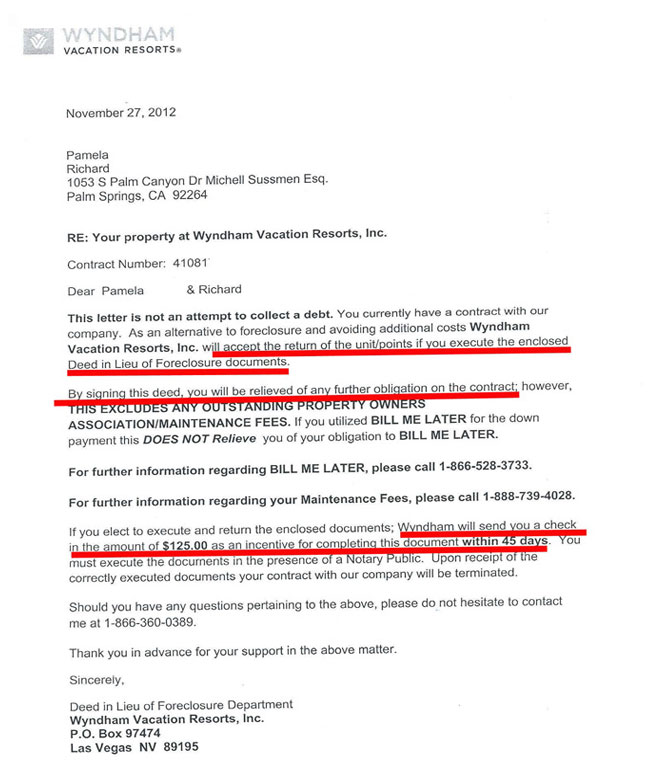Timeshares, which are plans by which you acquire the right to utilize a system at a residential or commercial property for a duration of time, stay controversial among financial consultants. On one hand, they enable you to secure vacation property for an extended amount of time at a relatively repaired cost. On the other hand, they tend to be illiquid and, when you can offer them, it's often at a loss. However, something that is undeniable is that they can bring tax benefits. For Find more information you to be able to declare reductions on a timeshare, you need to treat it as your 2nd house.
You can just cross out the interest on your first $1 countless acquisition financial obligation and first $100,000 of house equity financial obligation. how https://zenwriting.net/neriktc03b/if-the-vacationing-prospects-decline-to-take-the-trip-they-might-find-the-rate to work for timeshare exit team. Declaring the house mortgage interest reduction on a timeshare is a little bit more complex than declaring it on a conventional house. The Internal Revenue Service only lets you write off interest that you pay on a loan that takes the home as collateral-- like a traditional home loan. If you purchase your timeshare with a charge card or with a loan that isn't protected by the underlying realty, it does not qualify as a home loan and your interest won't be tax-deductible.
However, you need to be able to clearly develop what the property taxes are on your timeshare. If your timeshare lies in a state that individually evaluates taxes on each timeshare owner, your tax expense offers documentation. If, however, you pay your property taxes with your maintenance charge, the expense you get from the timeshare manager needs to break out the real estate tax for you to be able to Look at more info write them off. Generally, the Internal Revenue Service needs you to file Schedule E when you have rental property. On Arrange E, you report all of your earnings and deduct all of your costs.
If you have a revenue, you'll have to pay tax on it. If you have a loss, it's unlikely that you 'd have the ability to deduct it from your earnings. The Internal Revenue Service will not let you declare passive losses if your adjusted gross earnings is over $150,000. They also will not let you declare losses on a residential or commercial property that you utilize personally for more than 10 percent of the time that it's offered, a threshold that you'll probably go beyond if you use your timeshare at all. There's a totally legal way around these restrictions, though. As long as you rent your timeshare out for 15 or less days annually, the IRS disregards to it.
The Single Strategy To Use For How Can I Get My Timeshare Cleaned When I'm Gone
While it's not a tax break if you lose cash on the rental, it is if you can lease it out profitably. In any case, the entire deal is tax-free, as described in the Internal Revenue Service' own Publication 527 on Residential Rental Home guidelines.

If you have a timeshare unit that you won't be utilizing, leasing it out doesn't simply help you to defray the cost of owning and preserving it. It can likewise convey some significant tax benefits. While you may have to pay the tax on some of the earnings that you make from a rewarding leasing, the reductions that the Internal Earnings Service lets you declare aid to defray much of that tax liability. The income that you receive from renting out your timeshare is taxable. If you utilize a company, they will most likely send you and the IRS a 1099 form after completion of the year to record your earnings.
Instead, you pay it on your profit. When you own a timeshare unit that you utilize as a rental home, your normal and needed expenses are deducted from its rental income. This suggests you can instantly subtract your upkeep fees and any home loan interest that you spend for the timeshare, even if you couldn't otherwise deduct it. The Internal Revenue Service likewise lets you subtract any other expenditures that you sustain, like advertising or management fees. The common and needed rule also offers you some latitude to consist of other costs that have a mixed nature as compose offs as well. For example, if you use your home's Web access to examine offers to rent your home, you can assign a proportionate share of that, or of your mobile phone bill, if you utilize it for leasings, to the rental.

When all is said and done, it's entirely possible for your Arrange E to show a loss even though you really have cash in your pocket. Unfortunately, because of the short-term nature of most timeshares, you probably will not be able to write that loss off versus income that you earn from working. Nevertheless, if you have other financial investment property, you can utilize your timeshare's losses to offset profits from that home.
The Only Guide for Why Can't People Cancel A Timeshare
Response In general, if you receive earnings from the leasing of a house system, such as a house, house, or duplex, you can deduct certain costs. Besides understanding which costs may be deductible, it is necessary to understand possible constraints on the amounts of leasing costs that you can subtract in a tax year. There are a number of types of restrictions that may use. If you don't rent your home to make an earnings, you can deduct your leasing expenses only as much as the quantity of your rental earnings, and you can't continue rental expenses in excess of rental earnings to the next year.
g. specific genuine home taxes and home mortgage interest) are not subject to this restriction. Describe Publication 527, Residential Rental Home and Publication 535, Service Expenditures. The tax treatment of rental income and expenditures for a home system that you also use for individual purposes depends upon how numerous days you utilized the system for individual functions. Renting to loved ones may be considered personal usage even if they're paying you rent, unless the relative utilizes the dwelling system as his/her main house and pays lease comparable to the fair rental worth. Describe Publication 527, Residential Rental Home.
You bring any excess loss forward to the following year or years up until utilized, or you carry any excess loss forward up until the year you deal with your entire interest in the activity in a completely taxable deal (how to cancel a wyndham timeshare contract). There are a number of exceptions that might use to the passive activity limitations. Refer to Publication 527, Residential Rental Residential Or Commercial Property and Publication 925, Passive Activity and At-Risk Rules. The at-risk rules restrict your losses from most activities to your amount at threat in the activity. You deal with any loss disallowed because of the at-risk limits as a deduction from the same activity in the next tax year.